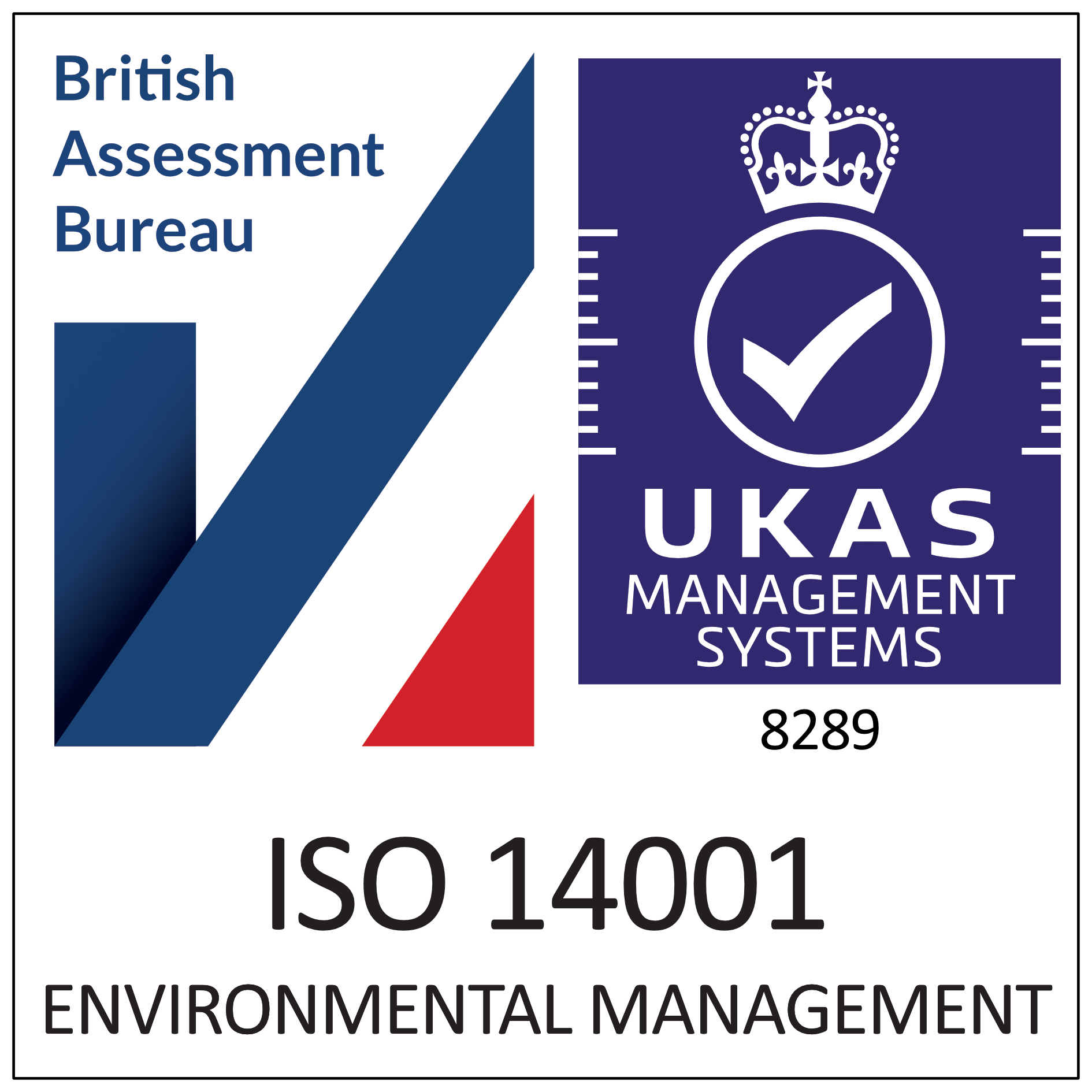








Course code: XMZT110P
Subject area: Apprentices
Study level: Apprenticeship
Course level: 3
Course time:
09:00 - 17:00
Days of week:
Various
Course date:
1st Aug 2023 - 31st Jul 2024
Course location:
Off SiteDuration: 13 months practical training period, plus 3 months for End Point Assessment
Delivery model:
• Work-based training with your employer
• Day release during term time (approximately 36 days per year)
• Approximately four on-site assessment visits per year
• Level 2 Functional Skills in Maths and English (7 days at college for each, if required)
• Off the job training will count for at least 6 hours a week of an apprentice’s time at work
• Roles and responsibilities within the software development life-cycle and the project life-cycle
• Different communication methods, how to adapt appropriately to different audiences including
• collaborative technologies such as discussion threads and document collaboration
• The key similarities and differences between different software development methodologies, such as agile and waterfall
• Principles of effective teamwork to produce software
• Fundamentals of software design approaches and patterns, including when to identify reusable solutions to commonly occurring problems
• Organisational policies and procedures relating to the tasks being undertaken, and when to follow them. For example, the storage and treatment of GDPR sensitive data.
• Fundamentals of computing systems including physical, virtual and cloud technologies
• Fundamental principles of algorithms, logic and data structures. For example, how they work using a step-by-step solution to a problem, or rules to follow to solve the problem
• Principles and uses of relational and non -relational (nosql) databases
• Basic principles of software designs and functional/technical specifications
• Key principles of software testing frameworks and methodologies
• Level 3 Information Communications Technician Apprenticeship
• Portfolio based interview
• Apply appropriate secure development principles to specific software components at all stages of development
• Support development of effective user interfaces
• Make simple connections between code and defined data sources as specified
• Test simple code and analyse results to correct errors found using unit testing under supervision
• Conduct a range of test types under supervision, such as Functional and Non -Functional.
• Apply structured techniques to problem solving, including carry out simple debug of code
• Follows organisational and industry good coding practices
• Solve logical problems, seeking assistance when required
• Support the creation of simple software documentation and visuals to effectively communicate understanding of the program
• Define functional and non -functional requirements such as use cases, storyboards, user stories, performance and accessibility.
• Work within operational requirements such as health and safety, budgets, brands and normal business protocols








